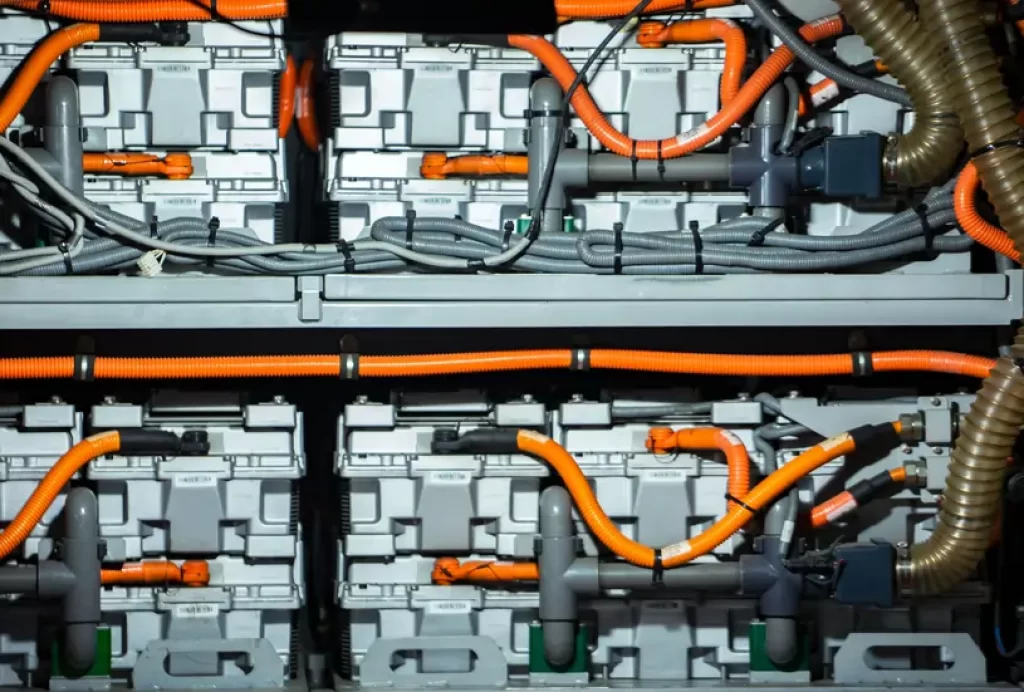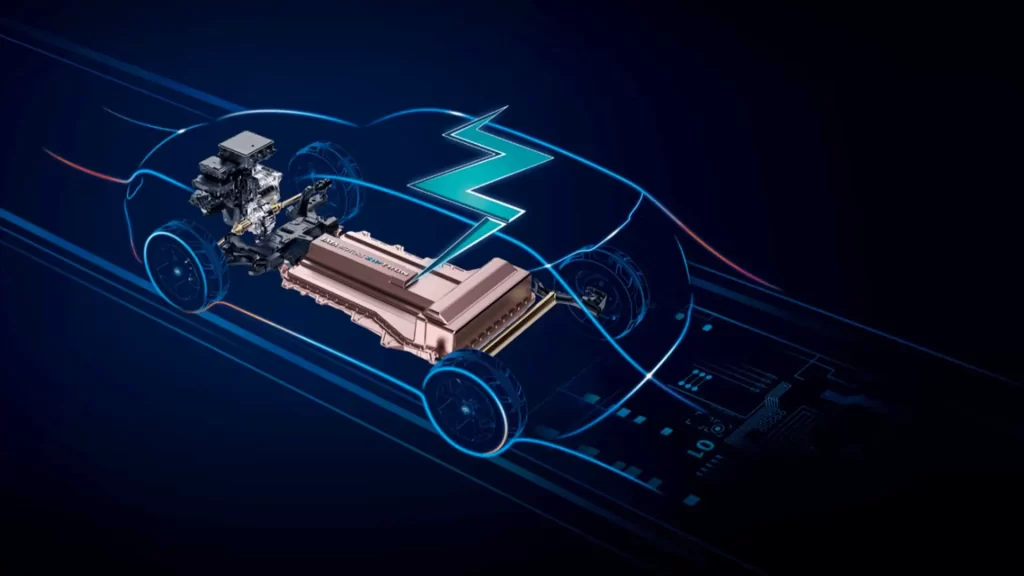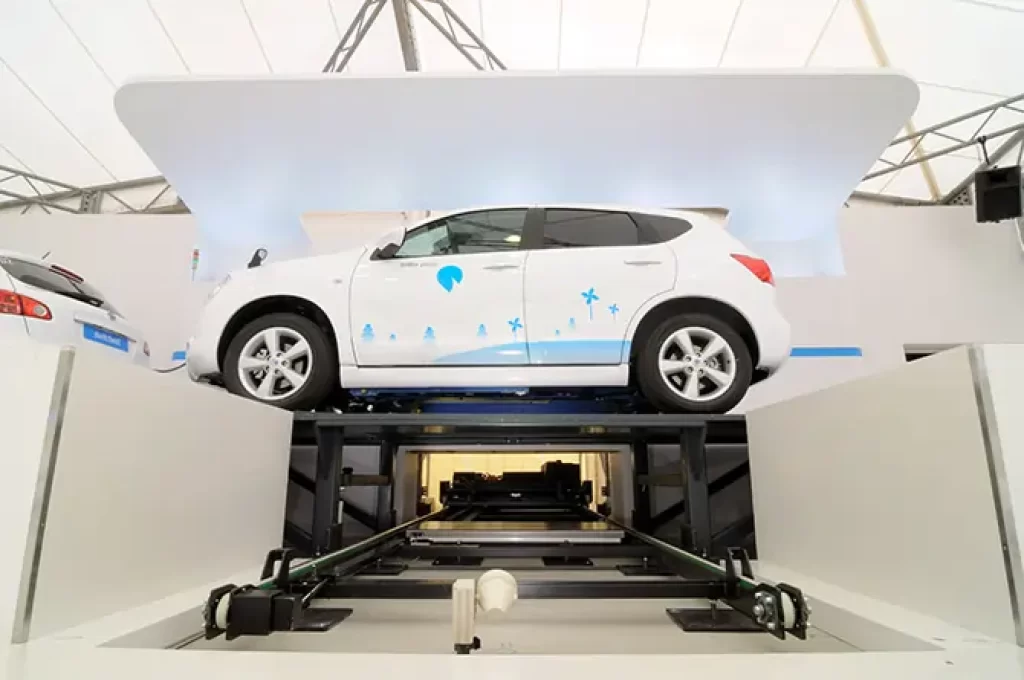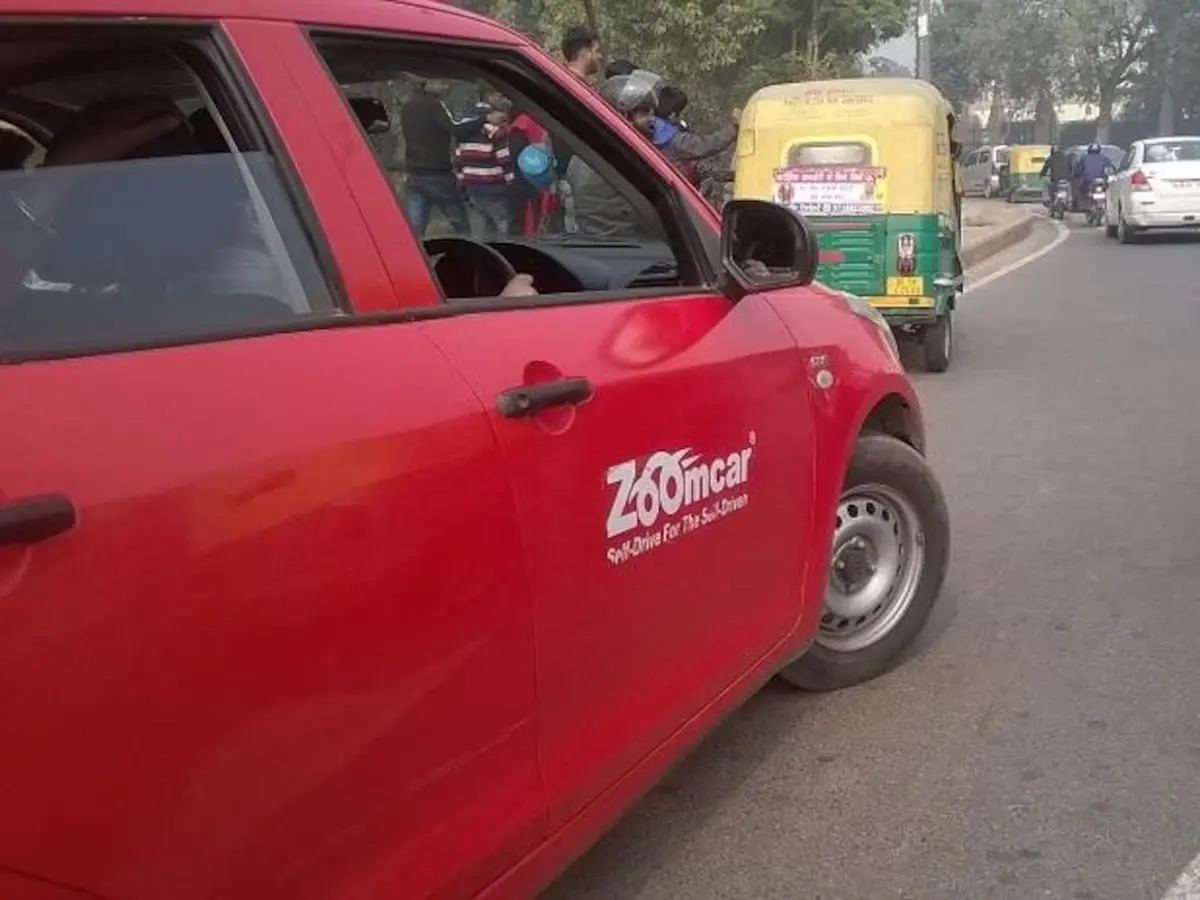
For electric vehicle (EV) owners, one major future expense to account for is the Cost of replacing the lithium-ion battery pack when it degrades over time. EV batteries are warranted for approximately 8-10 years against excessive degradation, beyond which the replacement cost can run from ₹3-15 lakhs based on the EV model. This article will look at out-of-warranty EV battery replacement options and costs applicable in India.

Typical EV Battery Life Span in Years
Most automakers design EV lithium-ion battery packs to deliver:
- Around 1,500-2,000 full charge cycles
- 8-10 years of usable life
- Total mileage of 1,00,000 – 2,00,000 km
This may vary based on usage conditions, climate, charging patterns, and battery chemistry. With proper care, EV batteries can exceed standard lifespan estimates.
EV Battery Degradation Rates
EV batteries inevitably lose storage capacity as they age. Some typical battery capacity degradation figures are:
- Years 1-3: 3-5% annual loss of range
- Years 4-6: 5-8% annual loss of range
- Years 7-10: 8-12% annual loss of range
- Beyond 10 years: Accelerating degradation of 15-25%+ per year
When the overall capacity falls below 70-80% of the original, replacement is recommended for optimal range.
EV Battery Warranty Periods in India
Here are the battery pack warranty periods offered by top EV brands in India:
| EV Model | Battery Warranty |
|---|---|
| Tata Nexon EV | 8 years or 1.6 lakh km |
| MG ZS EV | 8 years or 1.5 lakh km |
| Hyundai Kona | 3 years unlimited km |
| Tata Tigor | 8 years or 1.6 lakh km |
| Mahindra eVerito | 3 years or 1 lakh km |
After the warranty lapses, owners must bear battery replacement costs. Luxury brands tend to offer shorter warranties of just 2-3 years.
Read Also: EV Battery Warranties – What Do Manufacturers Cover in India?
Typical EV Battery Pack Replacement Costs in India

The out-of-warranty Cost to fully replace an EV’s degraded lithium-ion battery pack ranges between ₹3-15 lakhs. Key factors impacting replacement cost:
Battery Size – Packs over 40 kWh cost more than smaller batteries below 30 kWh.
Battery Chemistry – Chemistries using cobalt, and nickel cost more than lithium iron phosphate packs.
Segment – Sedans and SUVs have higher replacement costs than hatchbacks and two-wheelers.
Brand – Luxury EV brands command higher battery replacement prices.
Labor – Complex battery swaps in some EVs need more service time/effort.
Taxes – GST, cess, and other applicable taxes add to the base battery cost.
Location – Service center location can impact parts sourcing and technician rates.
Here are approximate battery replacement price ranges for different EV segments in India when out of warranty:
Compact Hatchbacks – ₹3 – 6 lakhs
Midsize Sedans – ₹6 – 10 lakhs
SUVs and Luxury Vehicles – ₹10 – 15+ lakhs
High-Speed Electric Two-Wheelers – ₹30,000 – 1 lakh
Note that these are just indicative prices. Get quotes from authorized service centers for exact model-specific costs.
Options to Reduce Battery Replacement Costs
Here are some tips to potentially reduce EV battery replacement costs when out of warranty in India:
- Refurbished/Remanufactured – Up to 40% cheaper than new but with shorter 1-2 year warranties.
- Third-Party Providers – Local vendors may offer lower rates but no integration guarantee.
- Battery Repair – Replacing just faulty modules instead of the entire pack costs less.
- Battery Software Update – Some issues can be resolved via software reflashing for $100-200.
- Claim Insurance – File a claim if you purchased additional battery insurance/warranty.
- Negotiate Cost – Politely request service centers for discounts or payment plans.
- Upgrade EV – Sell a car with a degraded battery; purchase a new EV with a fresh warranty.
- Delay Replacement – Run EV at lower capacity for non-critical trips to defer the Cost.
Steps for Safely Replacing an EV Battery

Replacing degraded EV batteries involves specialized processes. Approved service centers follow key steps:
- Confirm the battery needs replacement through diagnostics
- Order appropriate new/refurbished battery for the EV model
- Discharge the old battery fully before servicing to prevent electrical shocks
- Disconnect cabling and cooling lines attached to the old battery
- Use insulated tools to detach the old pack without damage carefully
- Lifting equipment may be needed to swap heavy battery packs
- Install replacement pack in the correct orientation and reconnect cabling
- Run installation diagnostics to validate safety and integration
- Charge the new battery fully before customer delivery
Proper processes ensure safe and seamless battery swaps protecting technicians and the EV.
What Happens to Old EV Batteries?
When replaced due to degradation, EV batteries can either be recycled or refurbished.
Recycling: Valuable metals like lithium, cobalt, and nickel are recovered and reused in new batteries. Hazardous elements are disposed of safely. This makes recycling ecologically and economically beneficial.
Refurbishing: Old EV batteries are inspected and tested. Faulty modules are repaired or replaced to restore overall pack capacity and performance. Refurbished packs can serve lower-performance applications.
Future EV Battery Technology Advancements
Here are some key innovations that can lower future EV battery replacement costs:
- Improved battery cell chemistry targeting 3,000+ charge cycles
- New battery designs for easier manufacturing and servicing
- Smarter battery management systems that optimize cell health
- Advanced cooling systems and heat-resistant materials
- Built-in battery repair mechanisms for increased longevity
- Eco-friendly batteries using abundantly available materials
- Solid-state batteries eliminate liquid electrolytes
As technology progresses, EV batteries are projected to last over 15 years before replacement – saving future owners significant costs over the vehicle’s lifetime.
Key Takeaways
In summary, the key aspects of understanding EV battery replacement costs in India are:
- Expect to replace batteries after 8-10 years, depending on usage
- Replacement costs between ₹3-15 lakhs for different models when out of warranty
- Several options exist to reduce replacement expenses potentially
- Proper installation protocols must be followed for safety
- Old EV batteries are recycled or refurbished after replacement
- Improving battery tech will increase lifespan and lower costs over time
Consider battery replacement expenses when calculating the total cost of ownership of an EV. Follow best practices to maximize your existing battery life.







